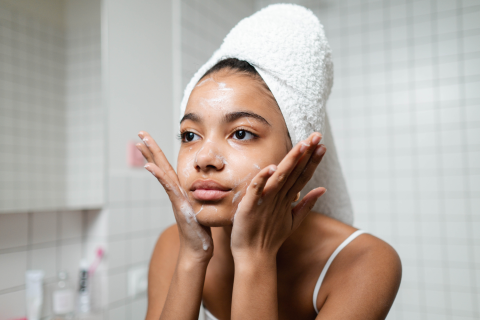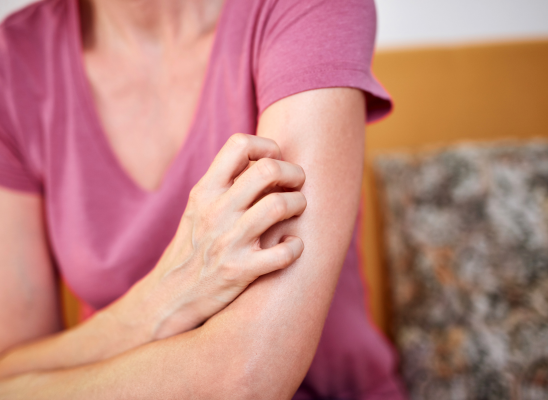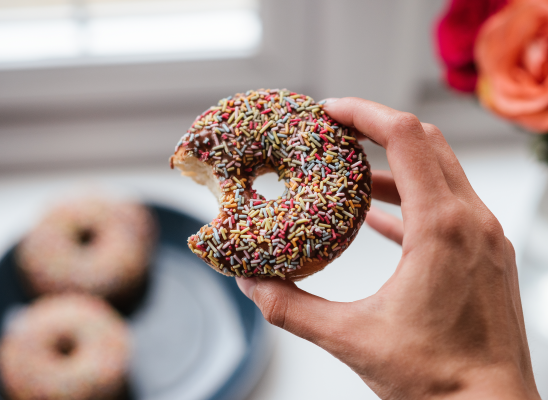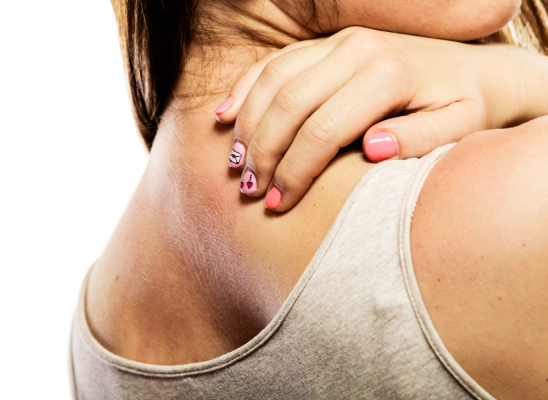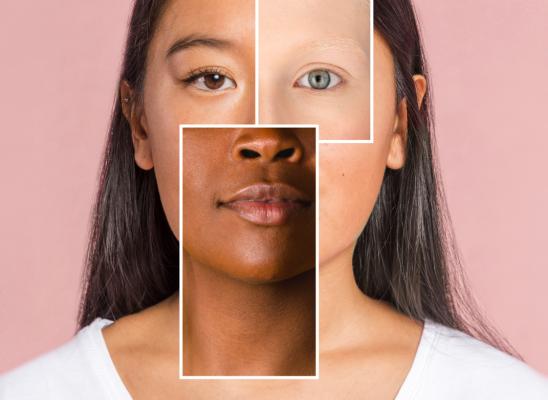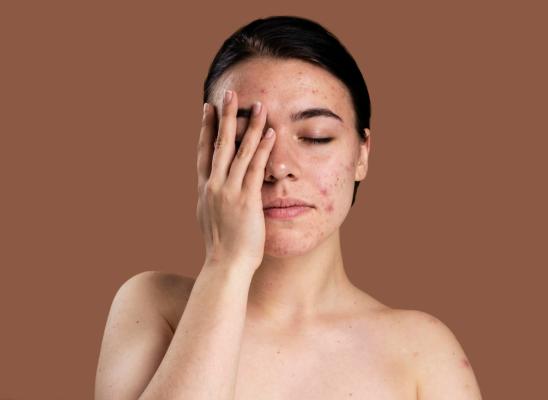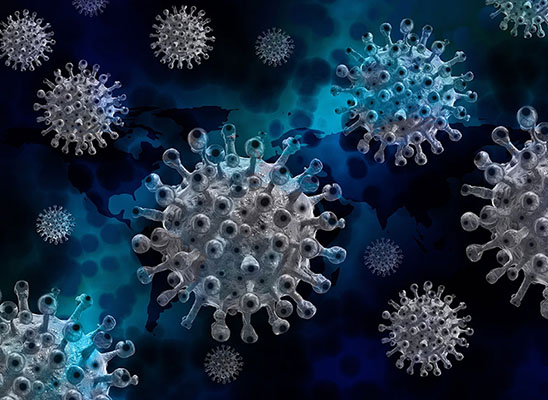Latest
Information
How A Little TLC Can Help Your Skin Picking
Online test
Find out the severity of your symptoms with this free online test
What’s Behind the Urge? Understanding Trauma and Skin Picking
Wednesday, Jul 23rd. 15:00 PM |
Sign up for webinar
Enter a valid email address.
What’s the connection between trauma and skin picking?
In this webinar, we’ll explore how past experiences—including trauma—may shape or intensify skin picking behaviors. We’ll talk about emotional triggers, the nervous system’s response, and how healing old wounds can support recovery.
Whether this link resonates with you or you're simply curious, this session offers insight, understanding, and validation.

Online Test for Skin Picking
How Severe is Your Picking Disorder? Find Out With This Free Online Test
Take the testStart your journey with SkinPick
Take control of your life and find freedom from skin picking through professional therapy and evidence-based behavioral techniques.
Start Now

